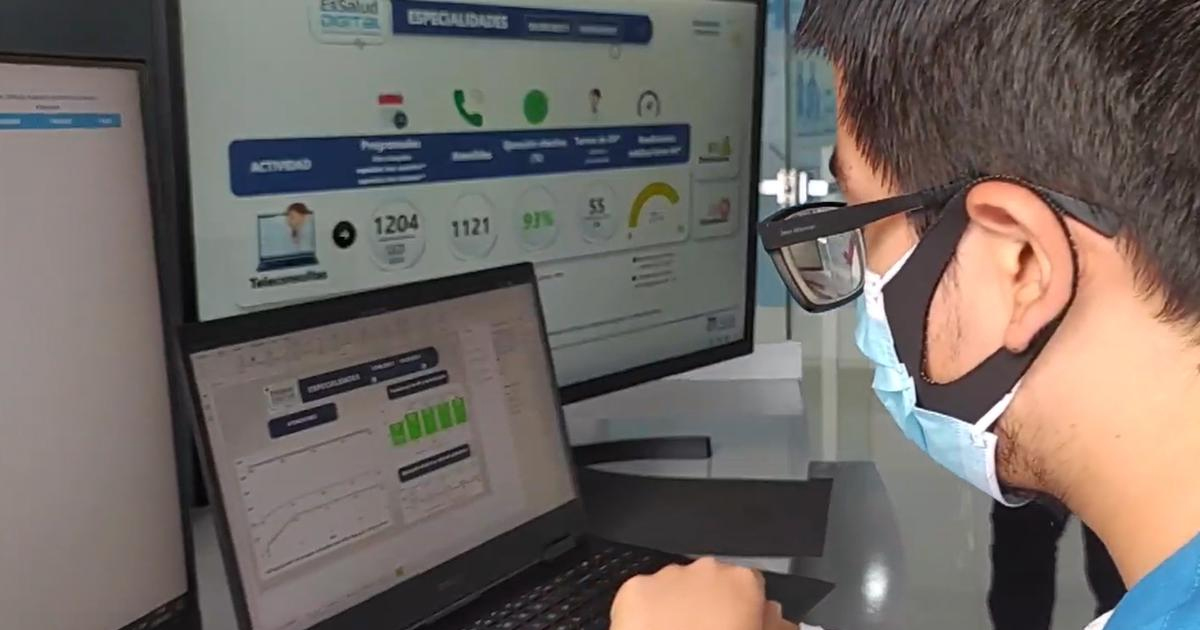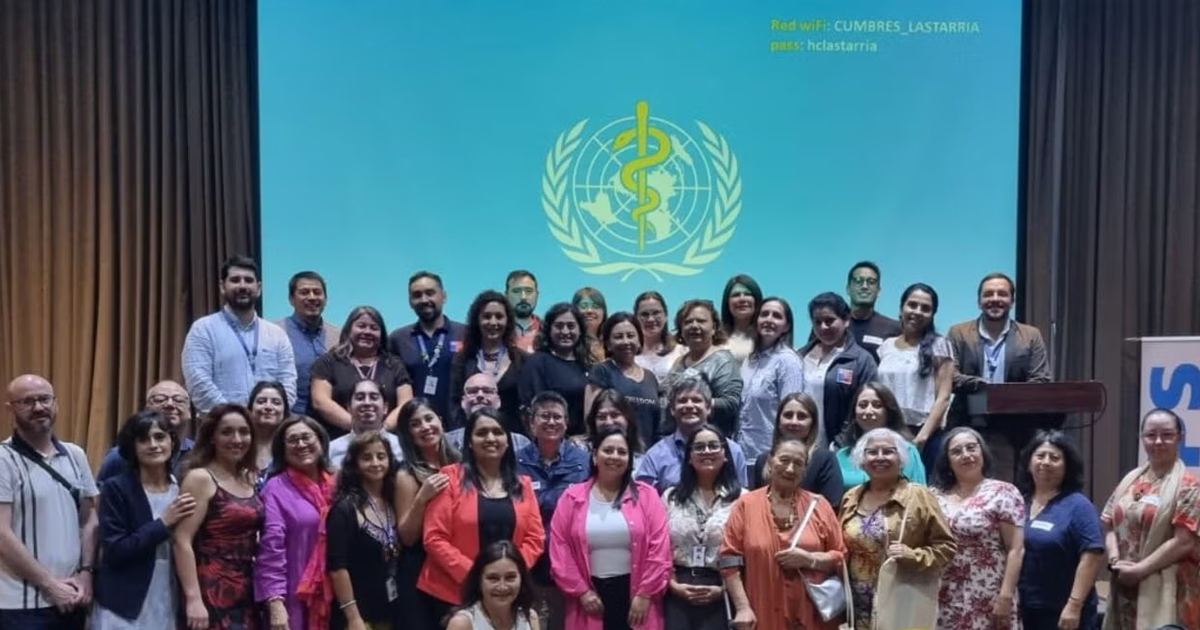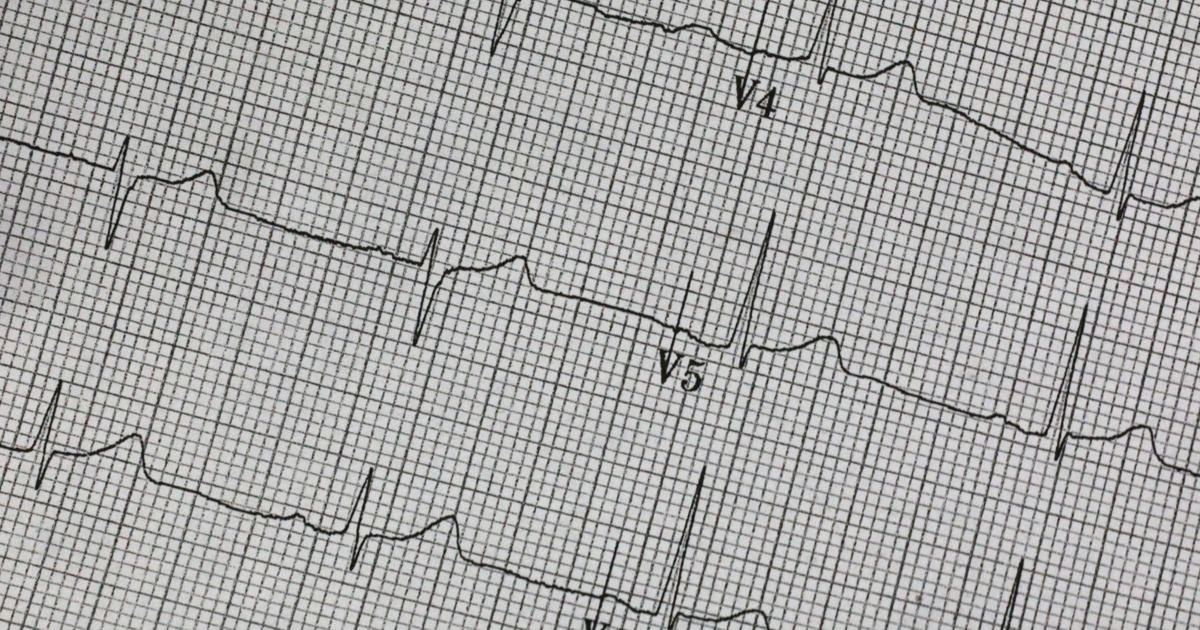A través del sonido de la tos grabado por un teléfono móvil, el algoritmo es capaz de detectar casos asintomáticos de COVID-19
El Massachusetts Institute of Technology (MIT), ha desarrollado desde abril un algorithm basado en inteligencia artificial para la detección de COVID-19 a través de la tos. Tras meses de entrenamiento al algorithm a través de 70 mil grabaciones de tos forzada que enviaron voluntarios a través de dispositivos móviles o plataformas web se completó el proceso. Para la recopilación de datos, fueron importantes las alianzas del MIT con universidades y centros de estudio de todo el mundo, como fue la campaña Tose con causa (https://www.toseconcausa.udg.mx) campaign, launched by the University of Guadalajara in June, were important.
Los investigadores del MIT descubrieron que las personas con una infección asintomática por SARS-CoV-2 puede provocar cambios en la tos de las personas, por lo que la tos de una persona con infección asintomática es diferente a la de una persona libre de infección. Sin embargo, las diferencias entre ambas toses no son percibibles para el oído humano, ante ello, la Artificial Intelligence fue clave, para desarrollar un algorithm confiable que pudiera comprobar la aseveración.

The algorithm fue alimentado con decenas de miles de muestras de toses y también de palabras habladas. El algorithm identificó con una precisión del 98,5% las toses de las personas con caso confirmado de COVID-19, y 100% las toses de las personas asintomáticas.
El plan del MIT con esta innovación es incorporar este modelo de AI, a una aplicación fácil de utilizar y buscar la aprobación de la FDA (Food and Drug Administration), para ponerla a disposición de la población de manera gratuita e identificar fácilmente a personas asintomáticas, y reducir los contagios.
“La implementación efectiva de esta herramienta de diagnóstico grupal podría disminuir la propagación de la pandemia si todos la usan antes de ir a un salón de clases, una fábrica o un restaurante”, mencionó Brian Subirana, científico investigador catalán miembro de Auto-ID Laboratory del MIT y desarrollador de este proyecto.
Previo a la pandemia, los investigadores habían trabajado en el entrenamiento de algoritmos que pudieran diagnosticar neumonía o asma a través de grabaciones de tos mediante teléfonos móviles. Sobre la misma línea el MIT, había desarrollado modelos de AI para el análisis de tos en búsqueda de signos de Alzheimer. “Los sonidos de hablar y toser están influenciados por las cuerdas vocales y los órganos circundantes. Esto significa que cuando habla, parte de su conversación es como toser y viceversa. También significa que las cosas que obtenemos fácilmente del habla fluida, la AI puede captar simplemente de la tos, incluidas cosas como el género de la persona, la lengua materna o incluso el estado emocional. De hecho, hay un sentimiento incrustado en la forma en que tose”, explicó Subirana.
Thanks to previous studies, they began testing this type of biomarkers in COVID-19. It was in April that they began collecting voice recordings from both confirmed COVID-19 patients and healthy people.
Las 70 mil grabaciones contienen varios tipos de tos, lo que equivale a cerca de 200 mil muestras de tos. Cerca de 2 mil 500 grabaciones correspondieron a personas que confirmaron tener COVID-19, incluidas las asintomáticas.
Los investigadores Jordi Laguarta y Ferran Hueto que acompañan a Subirana, coincidieron en que existen similitudes entre la discriminación de Alzheimer y COVID-19. Ya que no tuvieron que realizar muchos ajustes al modelo de AI que originalmente estaba construido para Alzheimer. Este modelo detecta patrones en cuatro biomarcadores: fuerza de las cuerdas vocales, sentimiento, rendimiento pulmonar y respiratorio y degradación muscular.
Los avances de su investigación fueron publicados en IEEE Journal of Engineering in Medicine and Biology. Finalmente, los autores mencionan que “las pandemias podrían ser cosa del pasado si las herramientas de preselección están siempre en segundo plano y se mejoran constantemente”.







